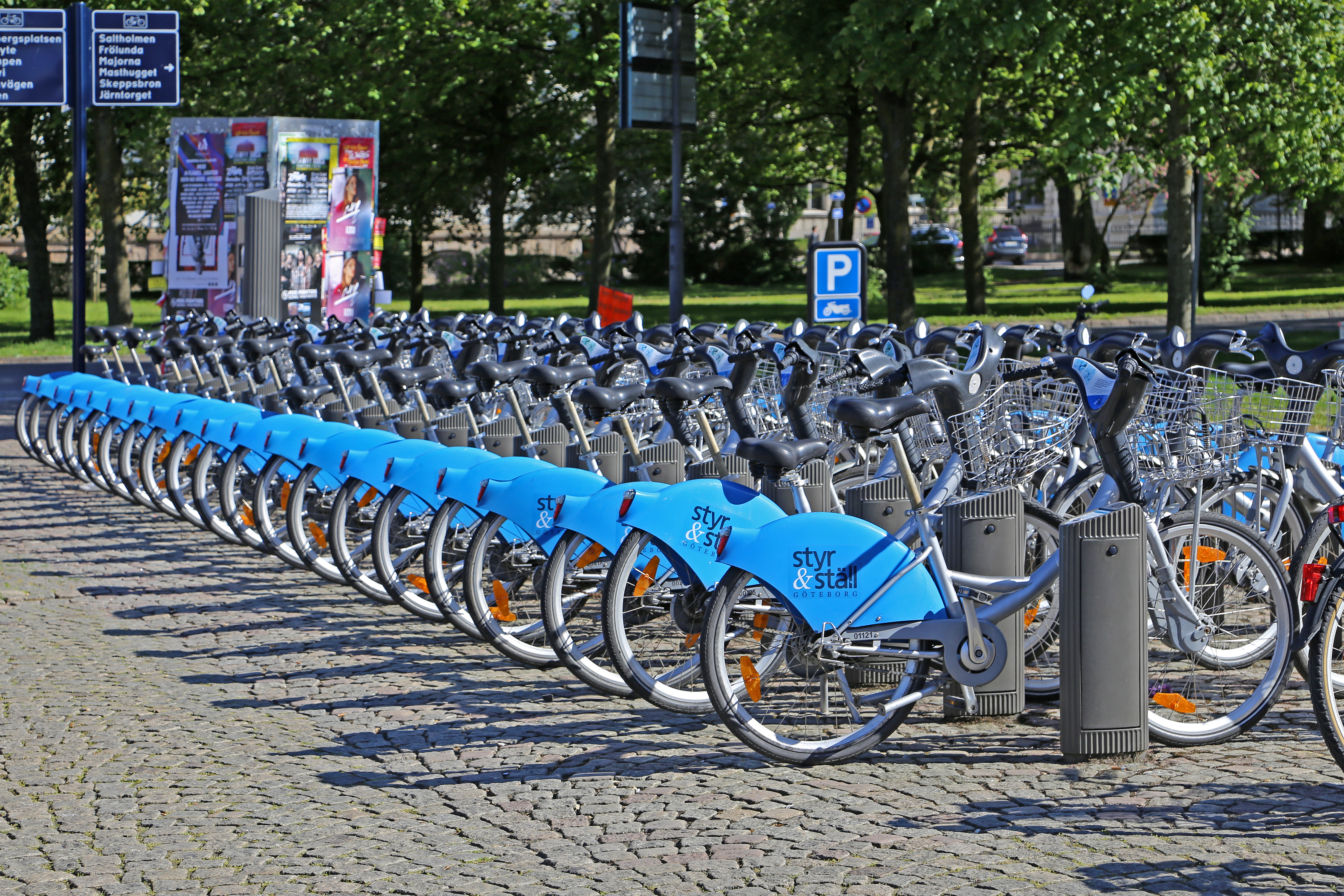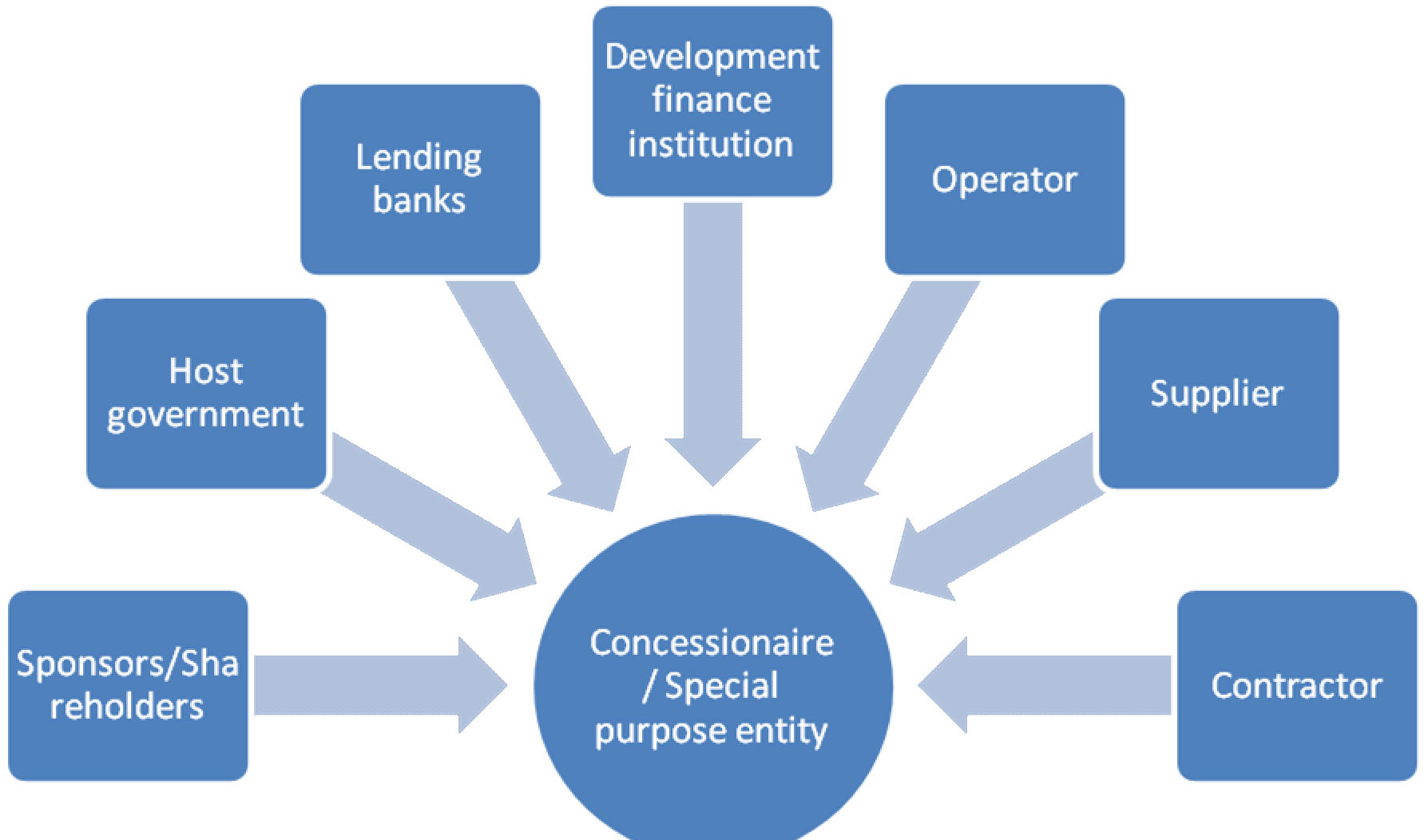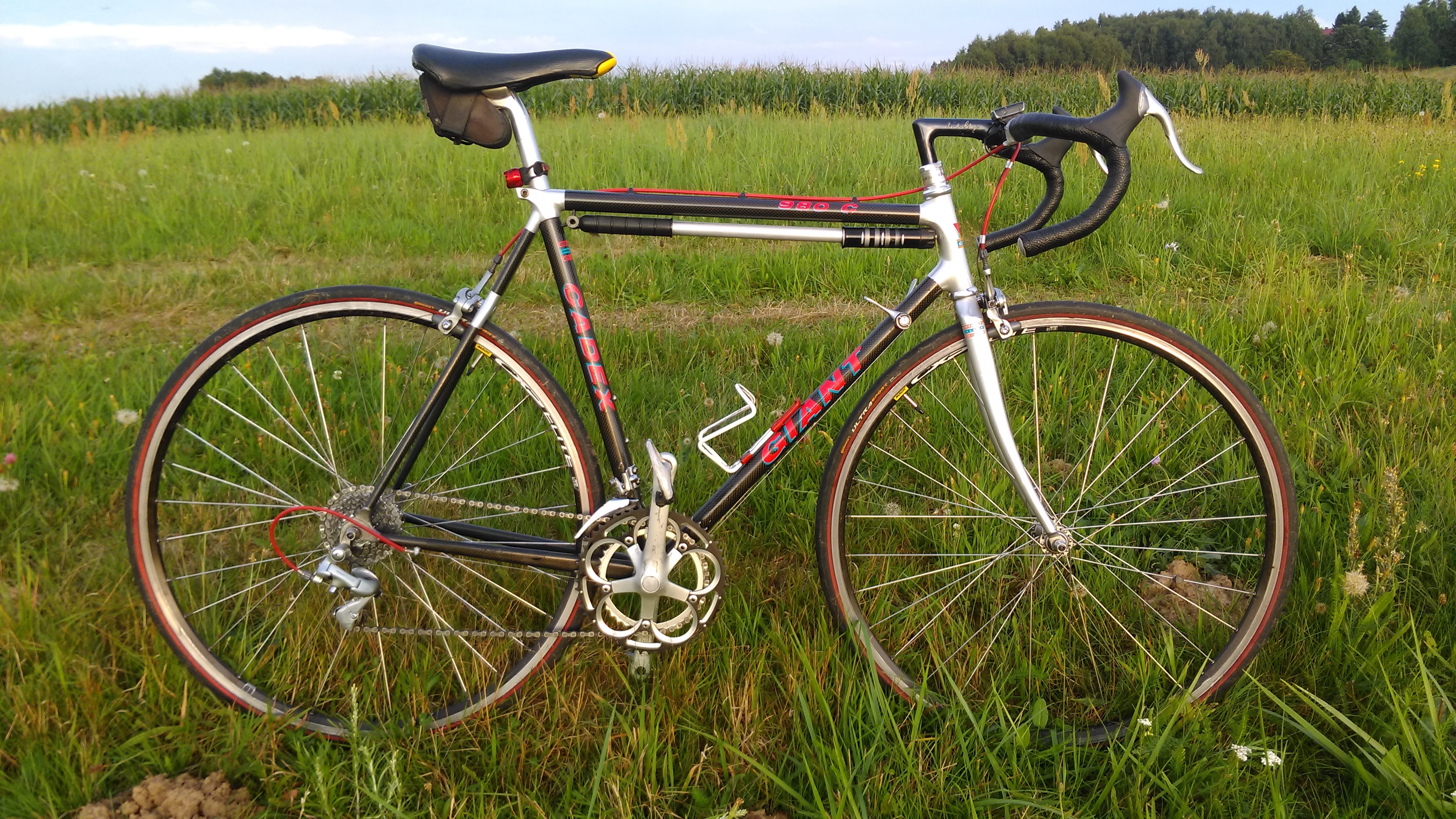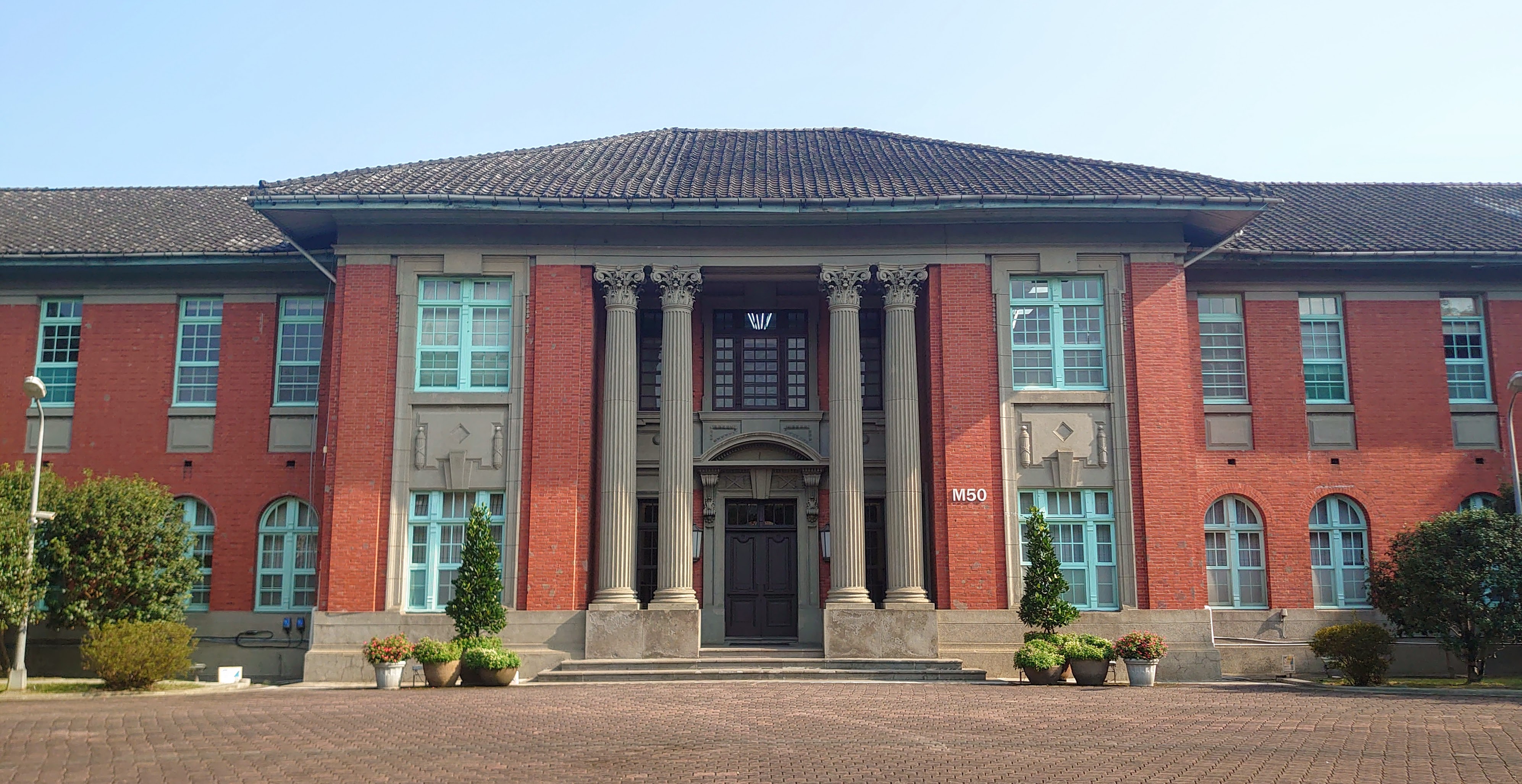|
YouBike
YouBike, or Taipei Bike Sharing System, is a public bicycle sharing service offered by the Taipei City Department of Transportation in a BOT collaboration with local manufacturer Giant Bicycles. As of 26 May 2016, service stations in the bike system are available in Taipei City, New Taipei City, Taoyuan City, Hsinchu City, Taichung City, Changhua County, and Miaoli County. In Taipei City, rental is NT$5 for the first 30 minutes of use and adopts progressive tolls from NT$10 to NT$40 thereafter. No other fee, such as yearly deposit, is required. In New Taipei City, Taichung City and Changhua County, rental is free for the first 30 minutes. There is a 15-minute renewal restriction period at the station to which the bike was returned.About YouBike Taipei City Department of Transportation. Retrieved 23 January 2014. In 2014, the system sa ... [...More Info...] [...Related Items...] OR: [Wikipedia] [Google] [Baidu] |
Bicycle Sharing System
A bicycle-sharing system, bike share program, public bicycle scheme, or public bike share (PBS) scheme, is a shared transport service where bicycles are available for shared use by individuals at low cost. The programmes themselves include both docking and dockless systems, where docking systems allow users to rent a bike from a dock, i.e., a technology-enabled bicycle rack and return at another node or dock within the system — and dockless systems, which offer a node-free system relying on smart technology. In either format, systems may incorporate smartphone web mapping to locate available bikes and docks. In July 2020, Google Maps began including bike share systems in its route recommendations. With its antecedents in grassroots mid-1960s efforts; by 2022, approximately 3,000 cities worldwide offer bike-sharing systems, e.g., Dubai, New York, Paris, Montreal and Barcelona. History The first bike sharing projects were initiated by various sources, such as local com ... [...More Info...] [...Related Items...] OR: [Wikipedia] [Google] [Baidu] |
Taipei Metro
Taipei Mass Rapid Transit (MRT), branded as Metro Taipei, is a rapid transit system serving the areas of Taipei and New Taipei City, New Taipei in Taiwan, operated by the State-owned enterprise, government-owned Taipei Rapid Transit Corporation, which also operates the Maokong Gondola. Taipei Metro was the first metro system ever built in Taiwan. The initial network was approved for construction in 1986 and work began two years later. It began operations on March 28, 1996, and by 2000, 62 stations were in service across three main lines. Over the next nine years, the number of passengers had increased by 70%. Since 2008, the network has expanded to 131 stations and the passenger count has grown by another 66%. The system has been praised by locals for its effectiveness in relieving growing traffic congestion in Taipei and its surrounding satellite towns, with over two million trips made daily. History Proposal and construction The idea of constructing the Taipei Metro was fir ... [...More Info...] [...Related Items...] OR: [Wikipedia] [Google] [Baidu] |
Taipei City Government
The Taipei City Government (TCG) is the municipal government of Taipei. History The Taihoku City Government was founded on 10 October 1920 in Taihoku Prefecture during Japanese colonial rule. The original city hall was located at the site of the Taihoku City Hall (modern-day Zhongshan Hall) in Zhongzheng District. After Taiwan was handed over to the Republic of China on 25 October 1945, Taipei became a provincial municipality and was renamed to Taipei City Government even though the city was the capital city of Taiwan Province but it moved to Zhongxing New Village from 1956. After the Chinese Communist Revolution which was the Chinese Communist Party taking power in mainland China, the Chinese government was forced to retreat to Taiwan and Taipei became the nation's seat of government in 1949. In 1967, Taipei City status was upgraded to a Cabinet-level municipality. Its service thus grew much bigger with the large increase of population. Zhongshan Hall could only accommoda ... [...More Info...] [...Related Items...] OR: [Wikipedia] [Google] [Baidu] |
Build–operate–transfer
Build–operate–transfer (BOT) or build–own–operate–transfer (BOOT) is a form of project delivery method, usually for large-scale infrastructure projects, wherein a private entity receives a concession from the public sector (or the private sector on rare occasions) to finance, design, construct, own, and operate a facility stated in the concession contract. The private entity will have the right to operate it for a set period of time. This enables the project proponent to recover its investment and operating and maintenance expenses in the project. BOT is usually a model used in public–private partnerships. Due to the long-term nature of the arrangement, the fees are usually raised during the concession period. The rate of increase is often tied to a combination of internal and external variables, allowing the proponent to reach a satisfactory internal rate of return for its investment. Countries where BOT is prevalent are Thailand, Turkey, Taiwan, Bahrain, Pakistan, ... [...More Info...] [...Related Items...] OR: [Wikipedia] [Google] [Baidu] |
Giant Bicycles
Giant Manufacturing Co. Ltd. (commonly known as Giant) is a Taiwanese bicycle manufacturer, recognized as the world's largest bicycle designer and manufacturer. Giant has manufacturing facilities in Taiwan, the Netherlands, China, and Hungary. History Giant was established in 1972 in Dajia, Taichung County in Taiwan (now part of Taichung City), by King Liu and several friends. A major breakthrough came in 1977 when Giant's chief executive, Tony Lo, negotiated a deal with Schwinn to begin manufacturing bikes as an OEM, manufacturing bicycles to be sold exclusively under other brand names as a private label. As bike sales increased in the U.S., and after workers at the Schwinn plant in Chicago went on strike in 1980, Giant became a key supplier, making more than two-thirds of Schwinn bikes by the mid-1980s, representing 75% of Giant's sales. When Schwinn decided to find a new source and in 1987 signed a contract with the China Bicycle Company to produce bikes in Shenzhen, Giant, ... [...More Info...] [...Related Items...] OR: [Wikipedia] [Google] [Baidu] |
Progressive Toll
Progressive may refer to: Politics * Progressivism, a political philosophy in support of social reform ** Progressivism in the United States, the political philosophy in the American context * Progressive realism, an American foreign policy paradigm focused on producing measurable results in pursuit of widely supported goals Political organizations * Congressional Progressive Caucus, members within the Democratic Party in the United States Congress dedicated to the advancement of progressive issues and positions * Progressive Alliance (other) * Progressive Conservative (other) * Progressive Party (other) * Progressive Unionist (other) Other uses in politics * Progressive Era, a period of reform in the United States (c. 1890–1930) * Progressive tax, a type of tax rate structure Arts, entertainment, and media Music * Progressive music, a type of music that expands stylistic boundaries outwards * "Progressive" (song), a 2009 single b ... [...More Info...] [...Related Items...] OR: [Wikipedia] [Google] [Baidu] |
Xinyi District, Taipei
Xinyi District or Sinyi District is the seat of the Taipei City Government and Taipei City Council. The district includes Taipei 101, Taipei International Convention Center, Taipei World Trade Center, Sun Yat-sen Memorial Hall (Taipei), National Sun Yat-sen Memorial Hall and various shopping malls and entertainment venues, making it the most cosmopolitan district of Taipei. Xinyi District is also considered the financial district of Taipei. The district is a prime shopping area in Taipei, anchored by a number of department stores and malls. In addition, numerous high-end restaurants are located in the area. History and geography During Taiwan under Japanese rule, Japanese rule (1895–1945), covered modern day Xinyi and Songshan District, Taipei, Songshan districts. The village was named after Matsuyama, Ehime, Matsuyama City in Japan and formed part of Shichisei District, Taihoku Prefecture. Matsuyama Village was incorporated into Taihoku City (modern-day Taipei) in 193 ... [...More Info...] [...Related Items...] OR: [Wikipedia] [Google] [Baidu] |
National Taiwan University
National Taiwan University (NTU; ) is a public research university in Taipei, Taiwan. The university was founded in 1928 during Japanese rule as the seventh of the Imperial Universities. It was named Taihoku Imperial University and served during the period of Japanese colonization. After World War II, the Nationalist Kuomintang (KMT) government assumed the administration of the university. The Ministry of Education reorganized and renamed the university to its current name on November 15, 1945, with its roots of liberal tradition from Peking University in Beijing by former NTU President Fu Ssu-nien. The university consists of 11 colleges, 56 departments, 133 graduate institutes, about 60 research centers, and a school of professional education and continuing studies. Notable alumni include Tsai Ing-Wen, current President of the Republic of China, former presidents Lee Teng-hui, Chen Shui-bian and Ma Ying-jeou, Turing Award laureate Andrew Yao, and Nobel Prize in Chemistry ... [...More Info...] [...Related Items...] OR: [Wikipedia] [Google] [Baidu] |
RFID
Radio-frequency identification (RFID) uses electromagnetic fields to automatically identify and track tags attached to objects. An RFID system consists of a tiny radio transponder, a radio receiver and transmitter. When triggered by an electromagnetic interrogation pulse from a nearby RFID reader device, the tag transmits digital data, usually an identifying inventory number, back to the reader. This number can be used to track inventory goods. Passive tags are powered by energy from the RFID reader's interrogating radio waves. Active tags are powered by a battery and thus can be read at a greater range from the RFID reader, up to hundreds of meters. Unlike a barcode, the tag does not need to be within the line of sight of the reader, so it may be embedded in the tracked object. RFID is one method of automatic identification and data capture (AIDC). RFID tags are used in many industries. For example, an RFID tag attached to an automobile during production can be used to track ... [...More Info...] [...Related Items...] OR: [Wikipedia] [Google] [Baidu] |
Transportation In Taiwan
Transport (in British English), or transportation (in American English), is the intentional movement of humans, animals, and goods from one location to another. Modes of transport include air, land (rail and road), water, cable, pipeline, and space. The field can be divided into infrastructure, vehicles, and operations. Transport enables human trade, which is essential for the development of civilizations. Transport infrastructure consists of both fixed installations, including roads, railways, airways, waterways, canals, and pipelines, and terminals such as airports, railway stations, bus stations, warehouses, trucking terminals, refueling depots (including fueling docks and fuel stations), and seaports. Terminals may be used both for interchange of passengers and cargo and for maintenance. Means of transport are any of the different kinds of transport facilities used to carry people or cargo. They may include vehicles, riding animals, and pack animals. Vehicles may incl ... [...More Info...] [...Related Items...] OR: [Wikipedia] [Google] [Baidu] |
Community Bicycle Programs
A community is a social unit (a group of living things) with commonality such as place, norms, religion, values, customs, or identity. Communities may share a sense of place situated in a given geographical area (e.g. a country, village, town, or neighbourhood) or in virtual space through communication platforms. Durable good relations that extend beyond immediate genealogical ties also define a sense of community, important to their identity, practice, and roles in social institutions such as family, home, work, government, society, or humanity at large. Although communities are usually small relative to personal social ties, "community" may also refer to large group affiliations such as national communities, international communities, and virtual communities. The English-language word "community" derives from the Old French ''comuneté'' (Modern French: ''communauté''), which comes from the Latin ''communitas'' "community", "public spirit" (from Latin '' communis'', "c ... [...More Info...] [...Related Items...] OR: [Wikipedia] [Google] [Baidu] |










